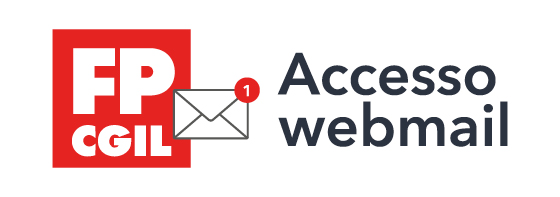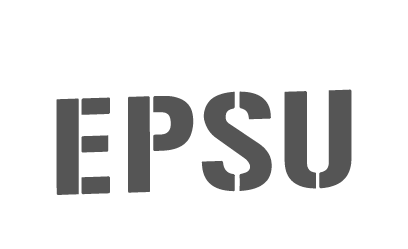Seminario Verdi su TTIP Berlino 10-11 novembre 2014
Come dovrebbe rispondere il movimento sindacale a CETA, TISA e TTIP? Prospettiva per una globalizzazione giusta socialmente

Seminario di Ver.di , Berlino 10-11 novembre 2014
PROGRAMMA
LUNEDI’ 10 NOVEMBRE
10.00 h
Jörg Bergstermann, International Dialogue, Friedrich-Ebert-Stiftung (FES)
Michael Fischer, Division for Economic and Social Policy, Friedrich-Ebert-Stiftung (FES)
Dr. Dierk Hirschel, Head of Economic Department, United Services Union (ver.di)
11.00 – 13.00 h
CETA, TiSA, and TTIP – what is the state of play?
Dr. Heinz Hetmeier, Head of the Trade Policy Division, Federal Ministry for Economic Affairs and Energy
14.00 – 16.00 h
The current proposals in the negotiations: How will they affect the provision of (public) services in the participating countries?
Inputs
Larry Brown, National Secretary Treasurer, National Union of Public and General Employees – NUPGE, Canada
Dr. Martin Beckmann, Policy Department, ver.di
16.30 – 18.30 h
The process: How are the deals negotiated and in what ways can labour influence the negotiations?
Roundtable-Discussion
– Public opinion on the current trade deals?
– Official participation of civil society and trade unions?
– Trade unions: positions and strategies on national level?
Chair:
Dr. Dierk Hirschel, ver.di
18.30 – 18.45 h
Outlook on the second day of the workshop
MARTEDI’ 11 NOVEMBRE
9.00 – 10.45 h
The deals before us: What issues should labour prioritize as it attempts to guide the current trade negotiations in a more socially just direction?
Input
Julien Laflamme, Research Unit, Confederation of National Unions (NSC), Canada
11.00 – 12.45 h
Discussion: Building a Framework for Socially Just Free Trade and Globalization – the Role of International Organisation
Short Inputs
Penny Clarke, Deputy General Secretary, European Federation of Public Service Unions (EPSU)
Jürgen Buxbaum, Coordinator Public Administration and Multinational Enterprises,
Public Services International (PSI)
Christina J. Colclough, Head of EU Affairs at UNI Europa – UNI Global Union
12.45 – 13.00 h
Conclusion: What have we learned from developments so far in CETA, TTIP, and TiSA and where do we go from here? Next steps for a pro-worker globalization.

 Programma
Programma










